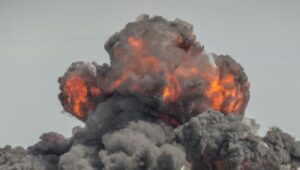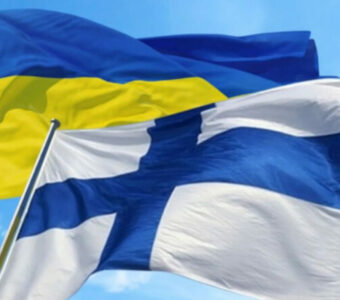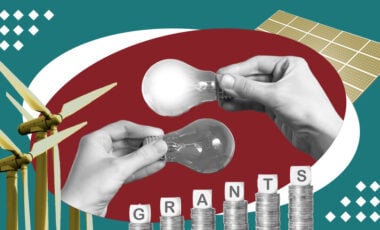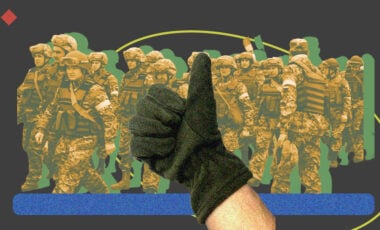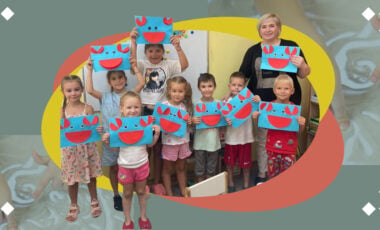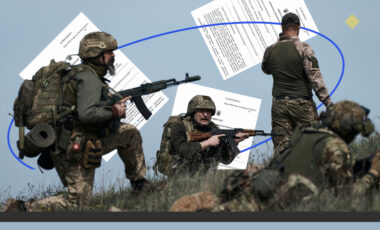Ukraine honors memory of victims of Soviet political repression

Photo: OPU
Ukraine marks the Day of Remembrance of the Victims of Political Repressions.
President Volodymyr Zelensky and his wife Olena visited the National Historical and Memorial Reserve "Bykivnia Graves" to honor the memory of the victims of political repressions of the Soviet regime, Rubryka reports.
"Today, in the Bykivnia forest, we remember all the victims of Soviet political repressions. We remind ourselves how important it is to stand firm in our battle today. To stand against the modern Russian system, which is the descendant of that totalitarianism," the president said.

Photo: Ukrinform
He said the Soviet system deprived the Ukrainian people of their talents and shattered the lives of individuals who could have done much for future generations.
"Eternal memory to all the victims of Soviet repression! And our respect and gratitude to all those who defend life," Zelensky added.
The Presidential Office press service pointed out that the head of state and the First Lady honored the memory of those killed by the totalitarian Soviet regime at the fraternal burial site and the memorial sign of Polish burials.

Photo: Office of the President of Ukraine
"The memory of the victims of political repressions and those who fought for our independence will always be with us. Respect to all who defend Ukraine today," the president said.
Background
Ukraine marks the Day of Remembrance of the Victims of Political Repressions annually on the third Sunday of May. It is observed by the Presidential Decree of May 21, 2007, to properly honor the memory of the victims of the Soviet regime and draw society's attention to the tragic events in Ukraine's history caused by the violent imposition of communist ideology.
The number of victims of political repression in Ukraine is incalculable — these are incredible figures. Some experts believe that during the period from the early 1920s to the late 1980s, that is, during the rule of the Bolshevik-Communist regime, almost one and a half million people were arrested in Ukraine. A vast number of them were executed by firing squad. In contrast, all others went through imprisonment, exile, deportation (almost three million Ukrainians), forced labor, camps, or were forcibly placed in psychiatric institutions.

Photo: Ukrinform
Terror and repression affected almost all layers of the Ukrainian population: scientists, politicians, military personnel, clergy, representatives of culture, and farmers. An especially harsh and painful legacy of the past was the mass repressions carried out by the Stalinist regime and its supporters in Ukraine in the 1930s. In 1937–1938, 198,918 people in Ukraine were convicted. About two-thirds were sentenced to death. The rest were sent to prisons and camps.
For decades, the Soviet authorities carefully concealed the traces of their crimes: the KGB facilities were erected on burial sites, the land was covered with concrete, bulldozers leveled the area, and trees were planted.

Photo: Ukrinform
One of the tragic symbols of that era is the Kyiv Bykivnia — the largest burial place of victims of mass political repressions in Ukraine. There was a special-purpose NKVD facility where mass burials of those executed and tortured took place from the late 1930s to the 1940s.

Photo: Office of the President of Ukraine
One of the bloodiest nights was in Kyiv on May 19, 1938, when 563 people were shot in NKVD prisons. The tragedy of Bykivnia stands alongside such crimes as Auschwitz, Buchenwald, Dachau, Babyn Yar, and the Katyn massacre. To date, the names of over 19,000 citizens executed at Bykivnia during Stalinist repressions have been identified.






